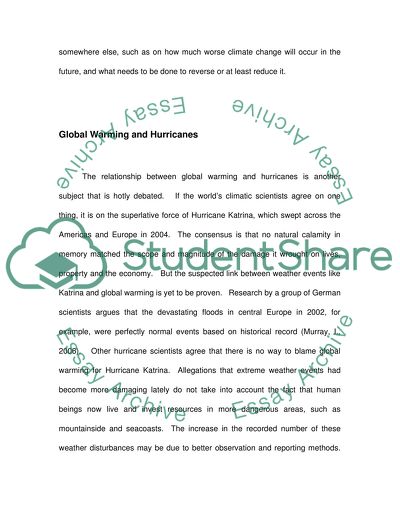Cite this document
(Will Global Warming Heat up or Cool Down the Economy Coursework Example | Topics and Well Written Essays - 1500 words, n.d.)
Will Global Warming Heat up or Cool Down the Economy Coursework Example | Topics and Well Written Essays - 1500 words. https://studentshare.org/environmental-studies/1503023-will-global-warming-heat-up-or-cool-down-the-economy
Will Global Warming Heat up or Cool Down the Economy Coursework Example | Topics and Well Written Essays - 1500 words. https://studentshare.org/environmental-studies/1503023-will-global-warming-heat-up-or-cool-down-the-economy
(Will Global Warming Heat up or Cool Down the Economy Coursework Example | Topics and Well Written Essays - 1500 Words)
Will Global Warming Heat up or Cool Down the Economy Coursework Example | Topics and Well Written Essays - 1500 Words. https://studentshare.org/environmental-studies/1503023-will-global-warming-heat-up-or-cool-down-the-economy.
Will Global Warming Heat up or Cool Down the Economy Coursework Example | Topics and Well Written Essays - 1500 Words. https://studentshare.org/environmental-studies/1503023-will-global-warming-heat-up-or-cool-down-the-economy.
“Will Global Warming Heat up or Cool Down the Economy Coursework Example | Topics and Well Written Essays - 1500 Words”. https://studentshare.org/environmental-studies/1503023-will-global-warming-heat-up-or-cool-down-the-economy.


